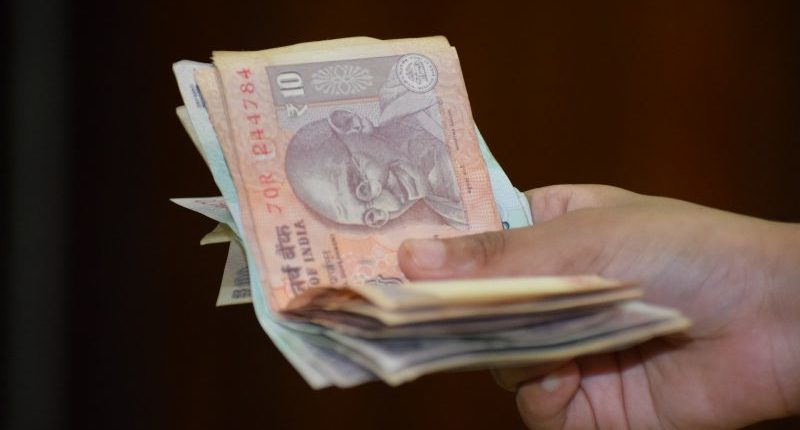The pandemic has already hit the consumers’ finances to a large extent. Amidst this, the rising fuel prices and essential commodities have hit the same spot resulting in a decline in income and savings during the fiscal year, says the ‘Mood of the Consumer’ survey.
The survey has received as many as 70,500 responses from consumers across 382 districts across the country. It aimed at capturing the number of people who paid to purchase vegetables comparing the periods—before the second wave of the pandemic and the last three months. It focuses on the change in people’s monthly household expenditure over these two periods.
The major cause for this survey to take place is that consumers in most parts of the country are paying more for the same list of essentials and groceries in the last three months than the amount they paid in 2020 and the beginning of this year. As per the survey outcome, about 79% of the households are either getting fewer groceries for the same amount or have spent a higher amount during the December to February period.
About 65% of participants pointed out that they have paid 25%-100% higher prices this year for vegetables than December-February. The root cause for this increase can be attributed to the lockdown and strict restrictions applied to vegetable mandis.
Prices of daily essential items, such as edible oil, shampoo, and soap, have risen by 4%-20%, according to a survey conducted by LocalCircles. Further, there has been a record increase in petrol and diesel prices.
For April-May, the fuel prices increased 15 times. In Delhi, petrol was priced at Rs.101 per litre, while the price has crossed Rs.107 per litre in Mumbai. In Rajasthan, the price of petrol and diesel are at Rs.112 and Rs.102 per litre.
The survey respondents have urged the government to reduce the excise duty on petrol and diesel, while a few respondents want it to be reduced by 20%.
India’s Consumer Price Index-based retail inflation was above the RBI’s comfort level at 6.26% in June. On the other hand, the wholesale price index-based inflation was at 12%.
About 47% of the respondents have expressed that there may be COVID-related uncertainty for another six to 12 months in their household budget planning. In addition, 49% of the respondents estimated that their average household savings would reduce in 2021-22 than in 2019-20.
When LocalCircles asked the same question in May 2020, 46% of respondents stated that they expect a decline in household savings. Now, the percentage of respondents with a similar opinion has increased by three percentage points due to the intensity of the second wave.
For any clarifications/feedback on the topic, please get in touch with the writer at apoorva.n@cleartax.in





